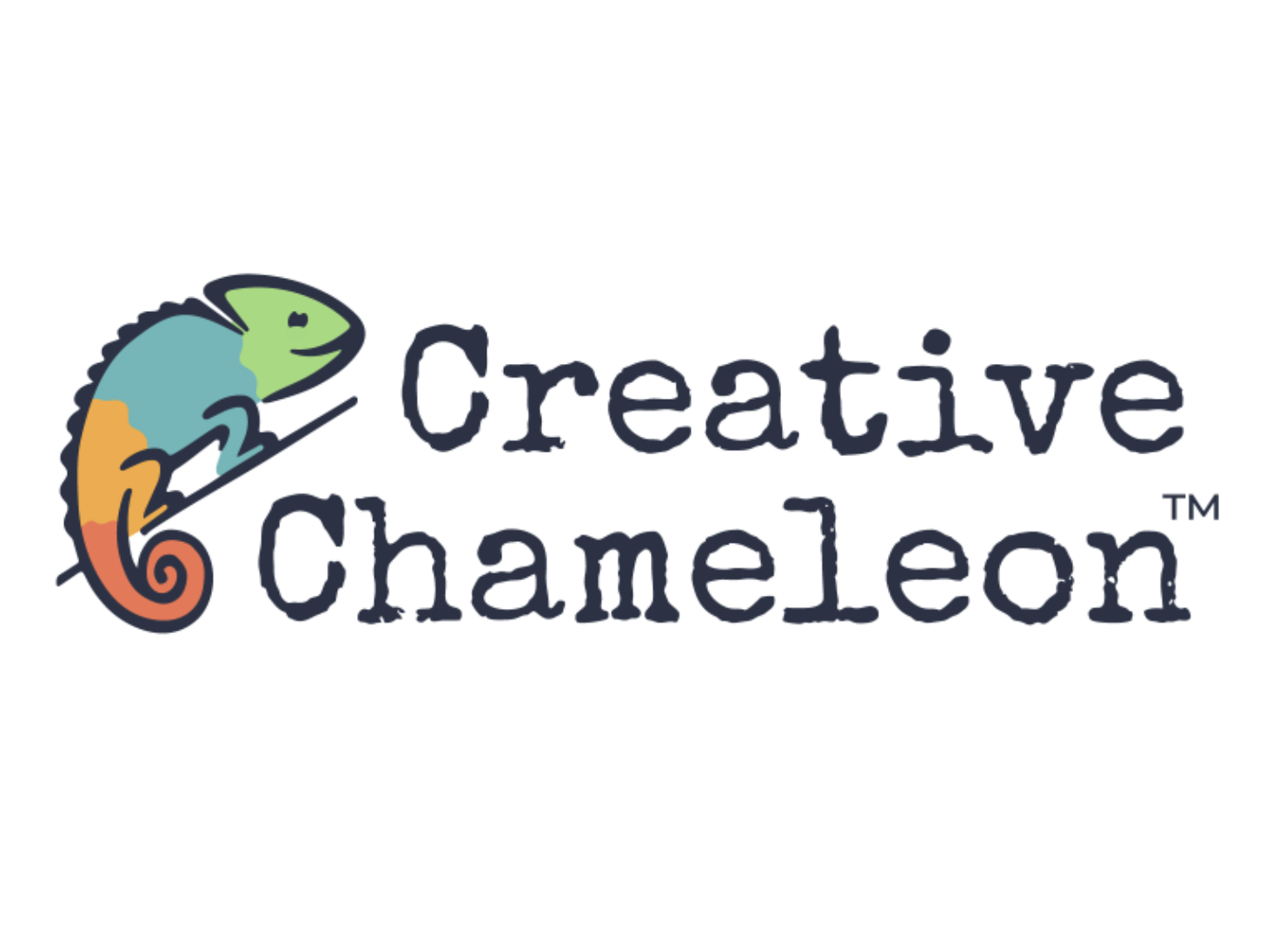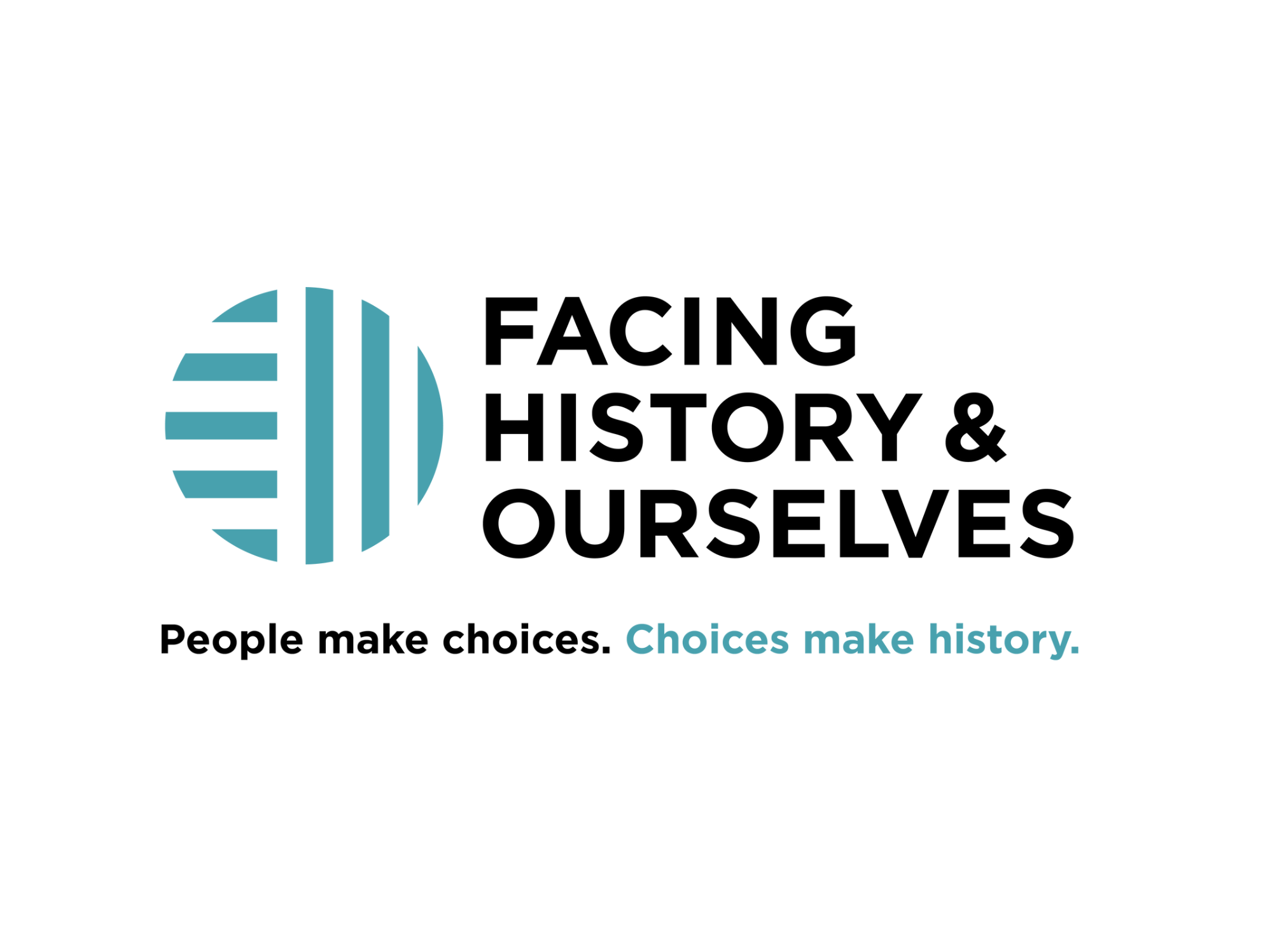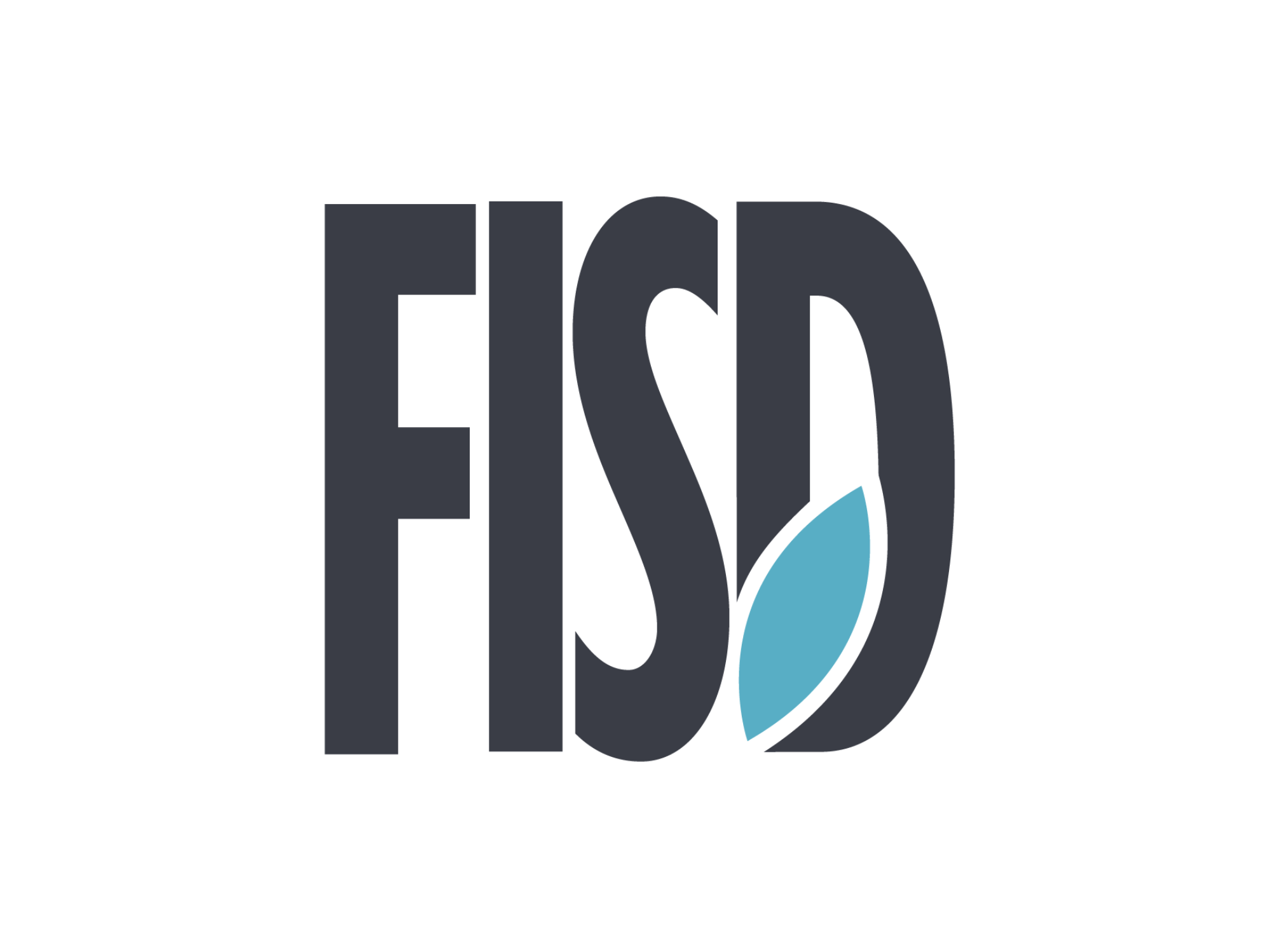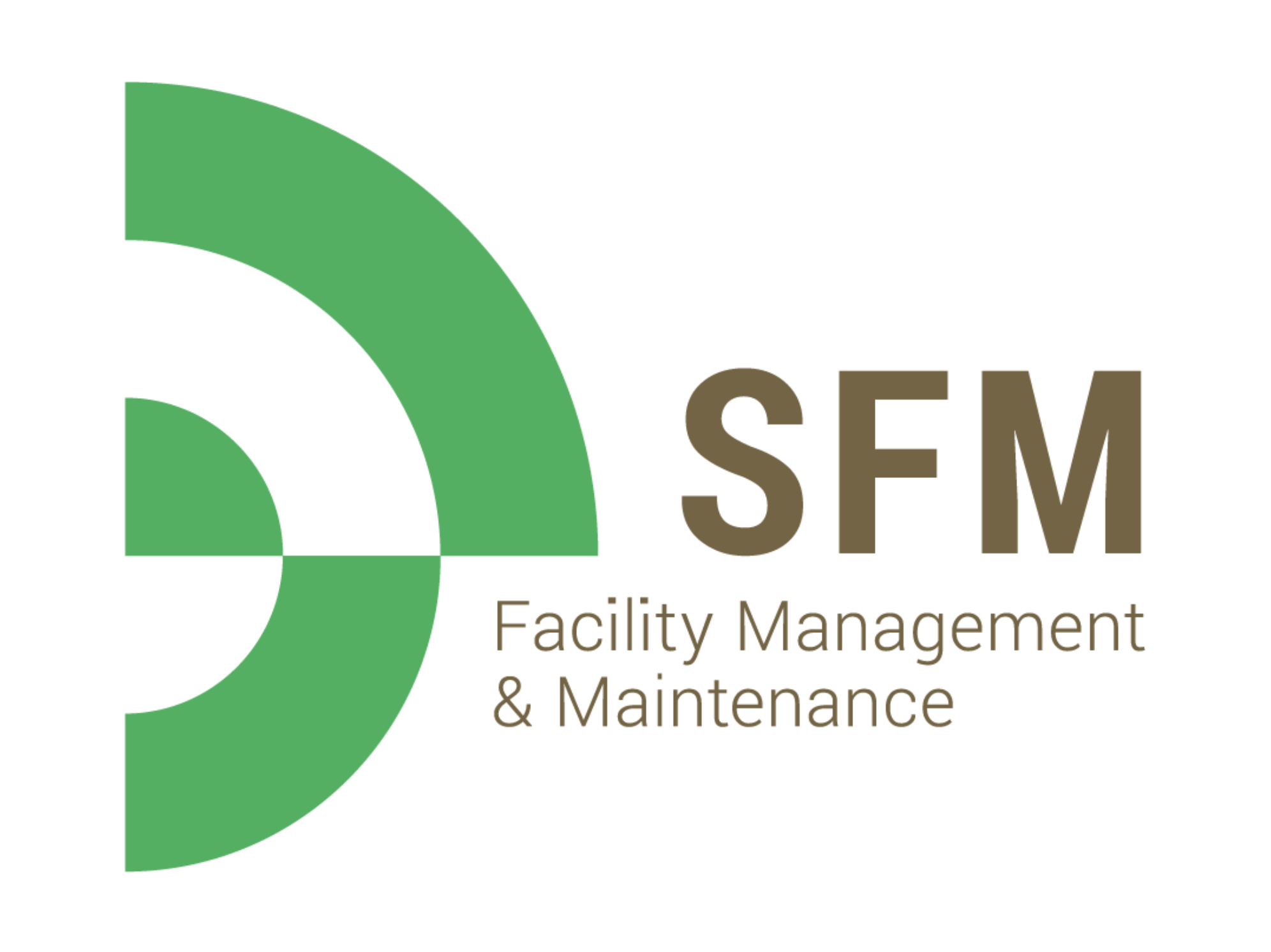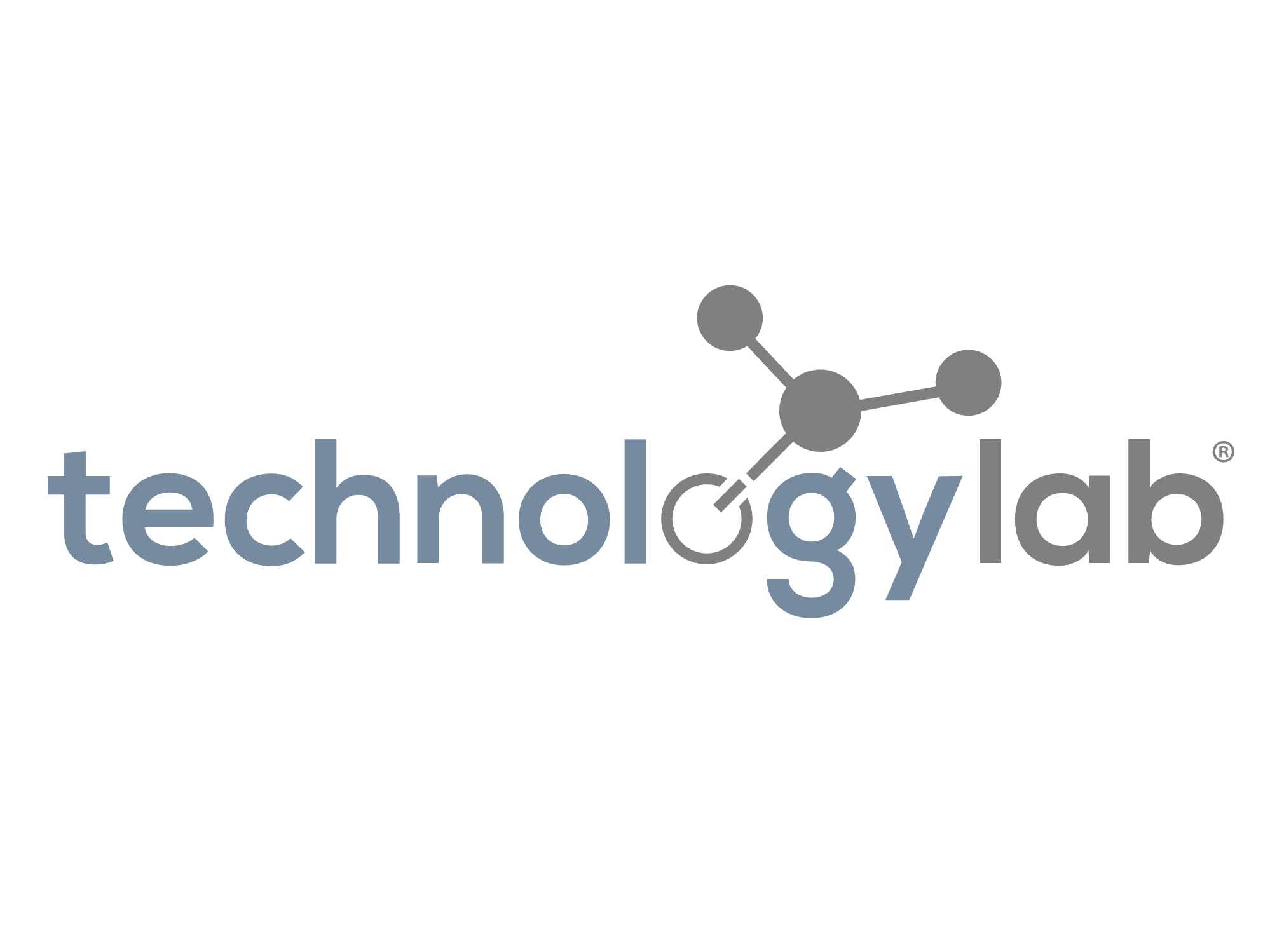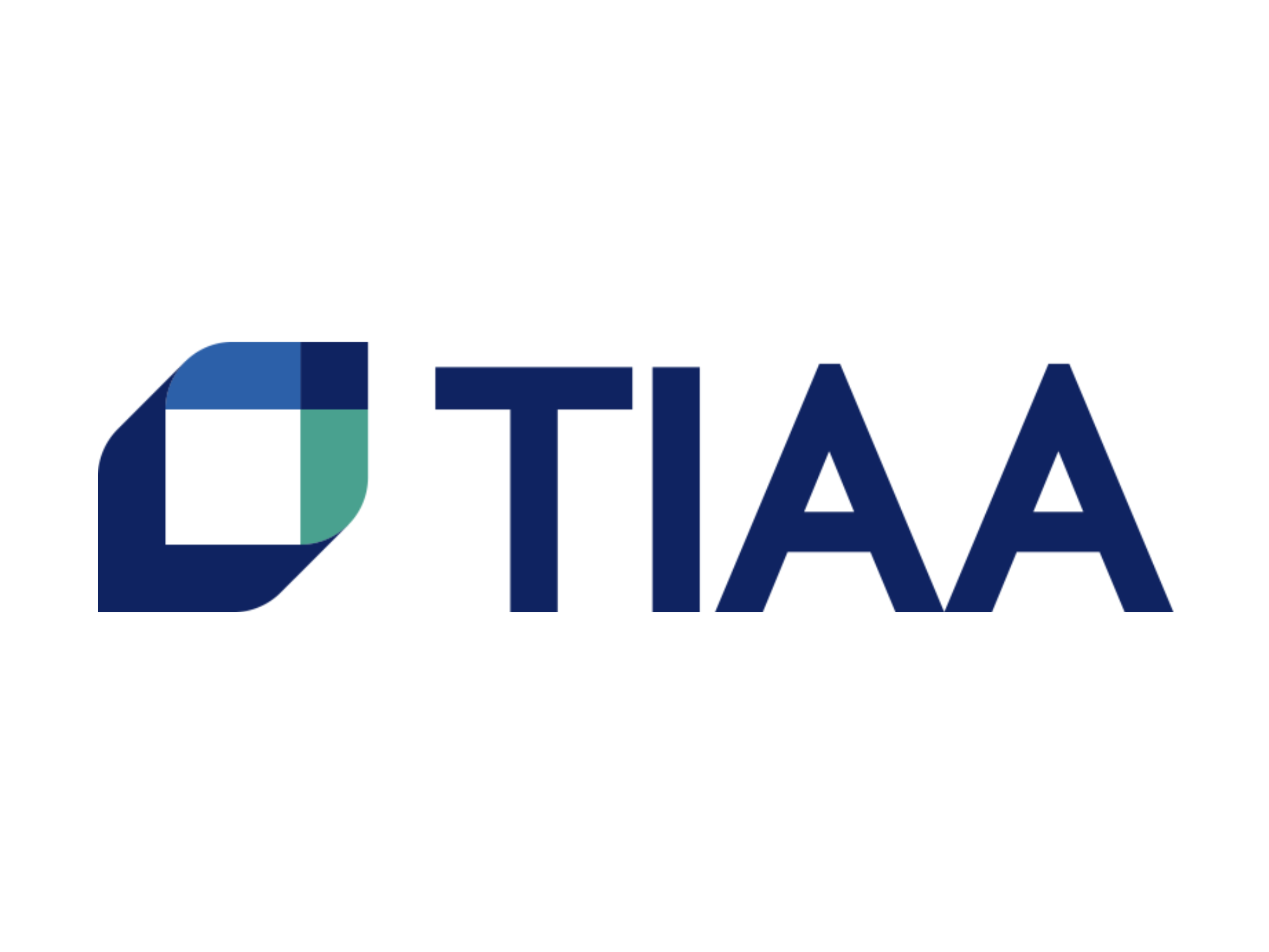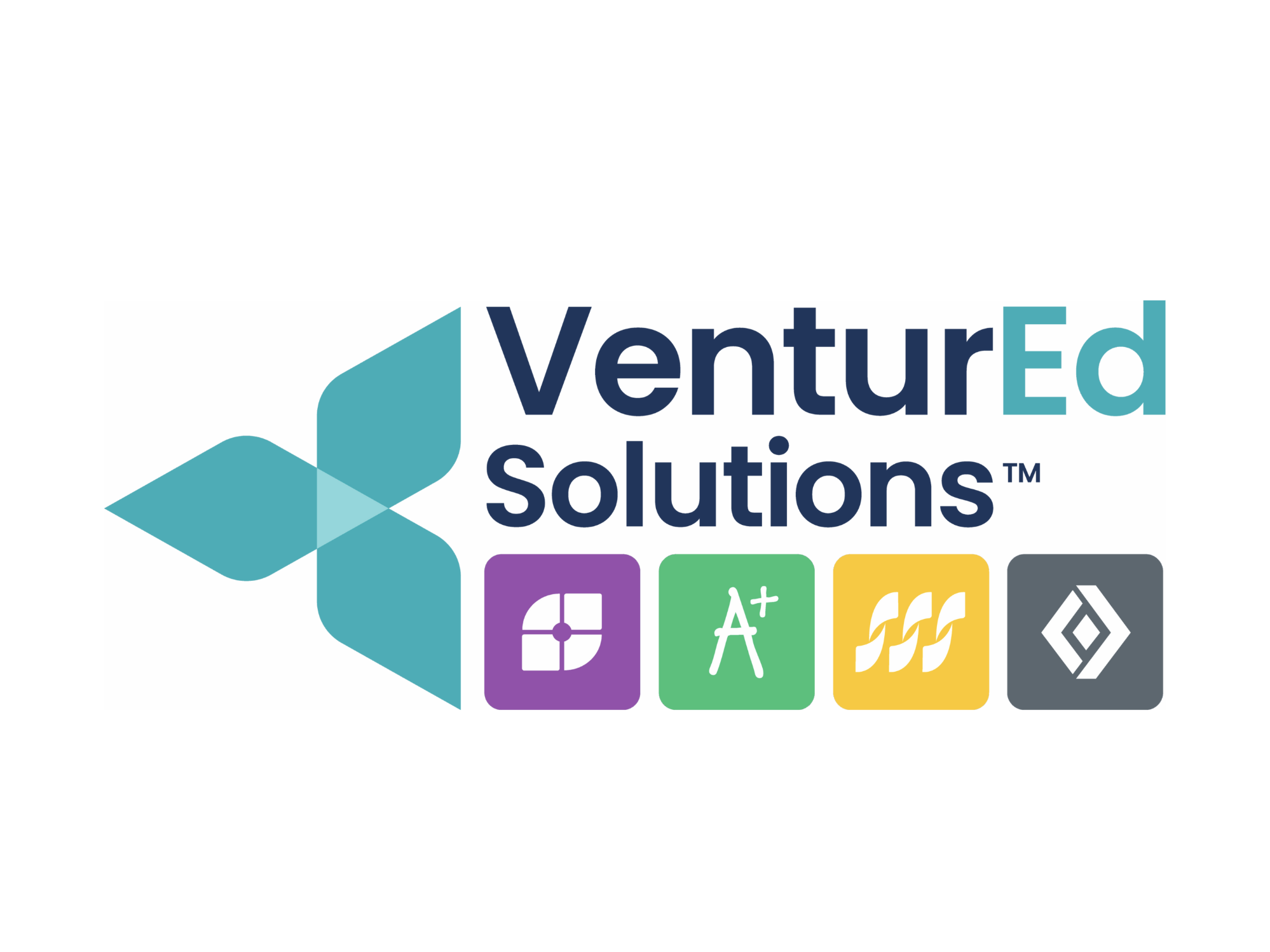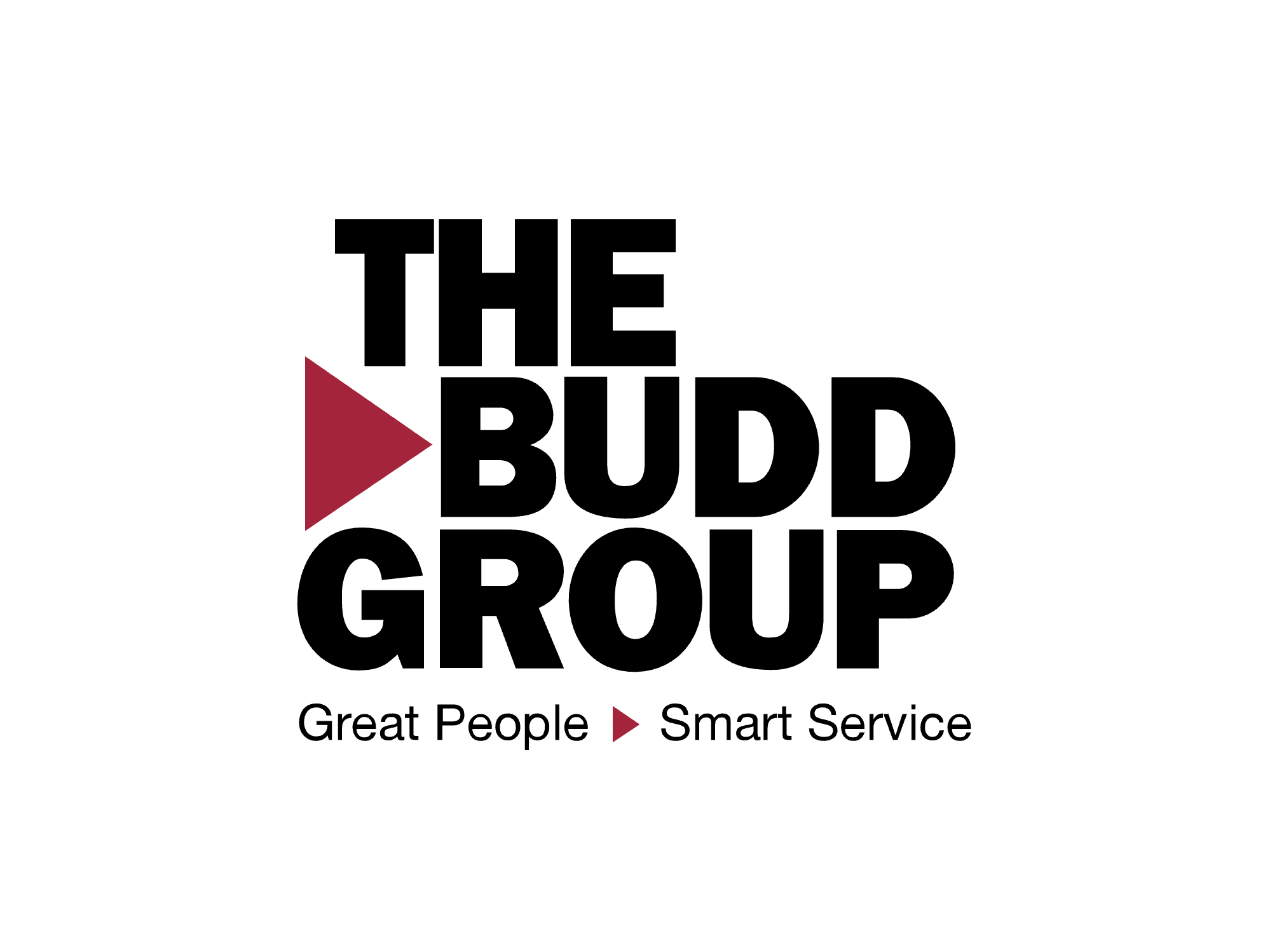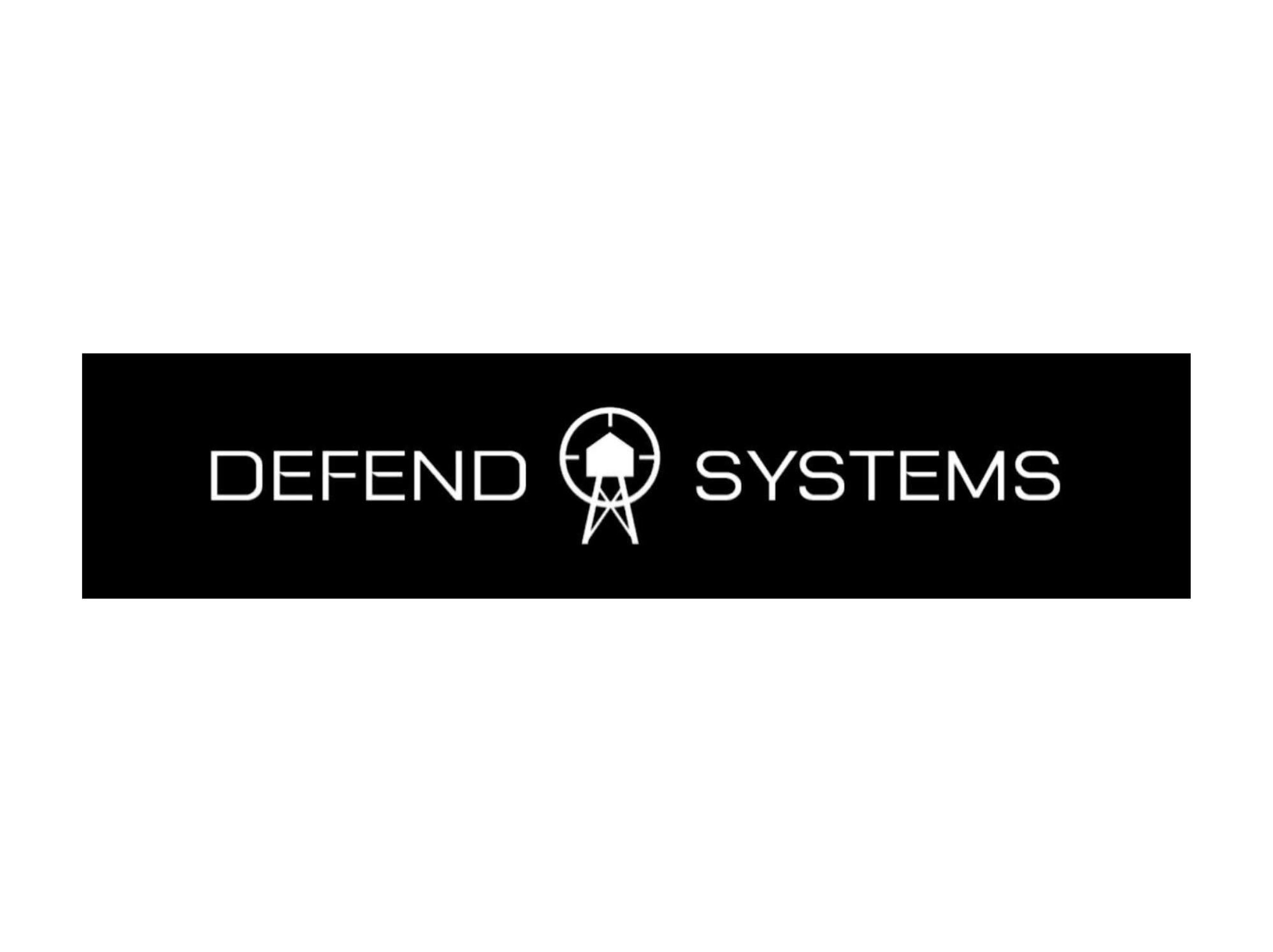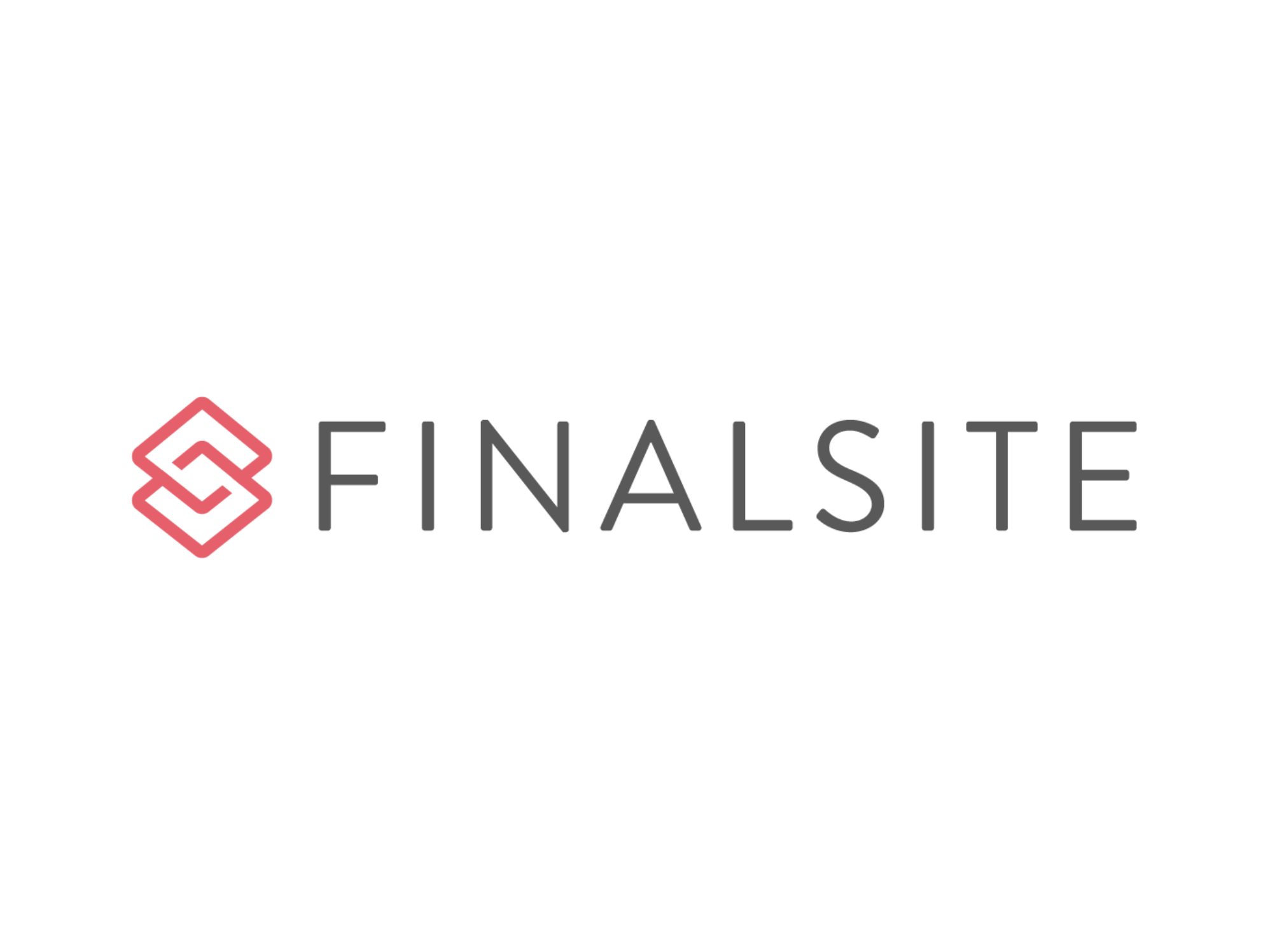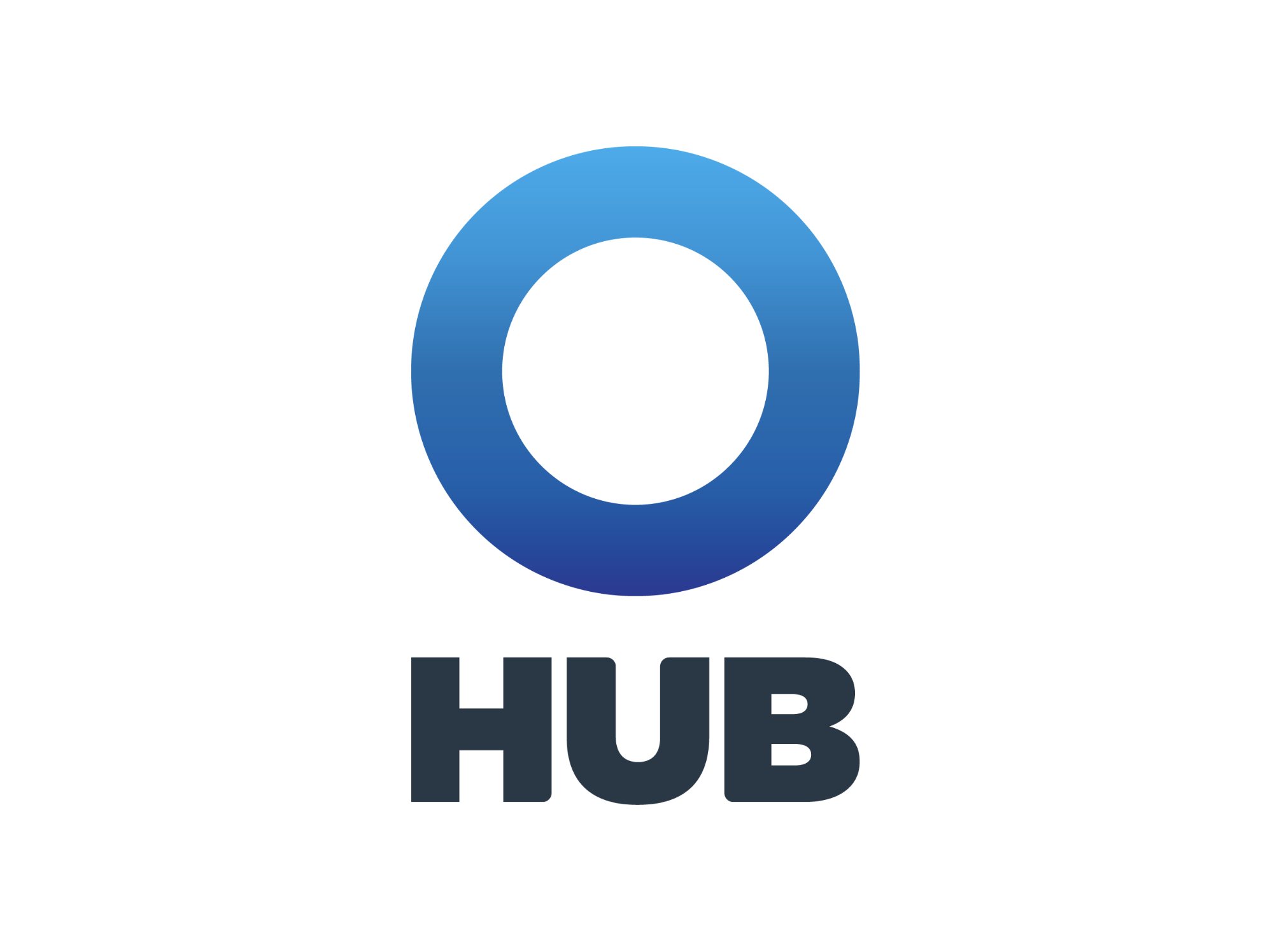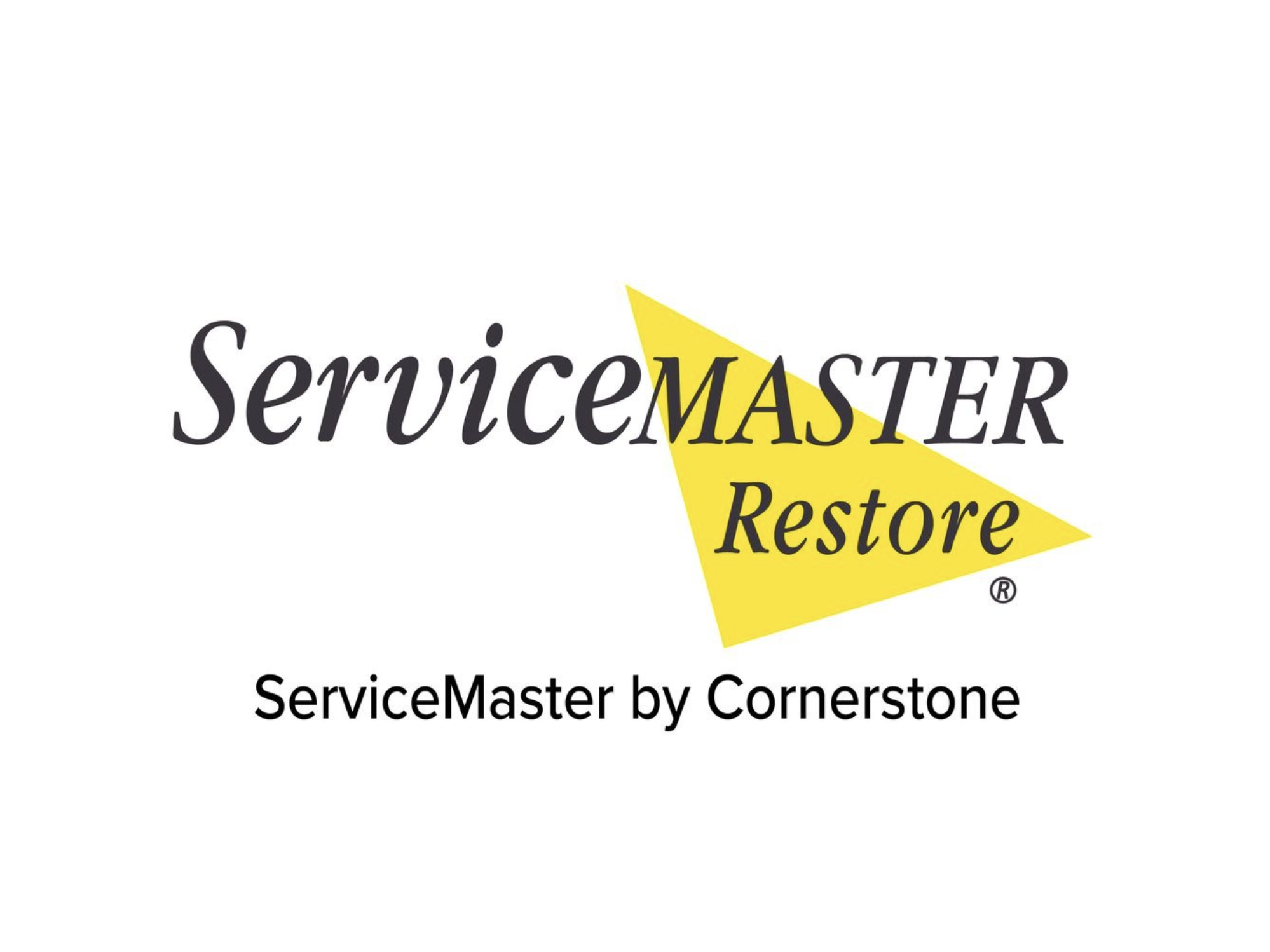Keynote SpeakersPete Dunlap -- Morning Kick-Off Speaker
Break The Trance: Mindful Technology Use For Educators And Students We now spend more time on devices than we spend asleep. As our smartphones have taken over most of our free time, space for reflection, personal growth, and self-care is pushed to the margins if not completely neglected. We’ll look at how social media and gaming can become a compulsion for students (and educators). Come learn about the trends that have driven us to distraction and be presented with a path forward, one that embraces the best tools that technology can provide while limiting the plethora of distractions that thwart our best intentions Pete Dunlap, founder of Digital Detangler, has spent the last decade immersed in the worlds of education and technology. After completing undergraduate work in Physics and a Masters in Science Education, Pete became an international teacher, living and working in the UK, the US Virgin Islands, and Ecuador. His experiences involved public and independent institutions with students of widely varying motivations and backgrounds. Returning to the States, he began a career as a software engineer, working on apps in education, healthcare, and the gig economy. During this time, he became increasingly concerned about the distractions he and his coworkers were facing. After his first daughter died after a full-term pregnancy, he reevaluated his priorities and began dedicating himself full-time to helping universities and corporations improve digital productivity and mental health through transformed digital environments. Recently, he was named The Moth’s Nashville StorySlam Champion for his storytelling ability. He's also been featured on the local news, radio and several podcasts, and has consulted with software startups for his expertise in the tech and wellness fields. Pete has established himself as a leading voice in the movement for more humane technology, as the creator of ScrollStopper (a Chrome extension), author of Digital Detangler: A Guide to Mindful Technology Use, and a meditation teacher on Insight Timer.
David Owens, Ph.D. -- Afternoon Kick-Off Speaker
David Owens, now a Professor for the Practice of Management and Innovation at Vanderbilt Business, has always been interested in how things work. “I’m genetically an engineer,” he half-jokes. By his own admission, he went to college at Stanford to learn how to make stereos. Owens was fueled by a love for music; he drummed for Bay Area punk bands like Swirl Happy and Whipping Boy. He initially dropped out of school and took a job in a high-end stereo shop because he found it “boring” to stare at the back of the head of his physics professor, who spent most of class time facing the blackboard instead of engaging with students. Owens wanted something more hands-on. Fortunately for his field and future students, he returned to Stanford and eventually earned a Ph.D. And instead of simply studying how things work, he sought to understand how the makers of new things work together. In response, he wrote a book on the subject: Creative People Must Be Stopped! In the book, he identified six basic impediments, or “constraints,” to innovation. He categorizes them as individual (failure to generate or recognize good ideas); group (adverse social dynamics within the organization); organization (ineffective structuring of people and resources); industry (when the market fails to recognize the value of new ideas); societal (when society does not believe a new idea, such as human cloning, is safe or ethical); and technological (where some things are just hard to do). Owens jokingly calls these his “general unified theory of constraints.” He draws them as overlapping circles on a blank sheet of the 18 x 24-inch notepad that always sits on his desk. Innovation, he argues, happens when people figure out how to overcome or work successfully within these constraints. In any number of ways, Owens is still working on the problems of how to lead people amid uncertainty, structuring organizations that encourage “lateral communication,” and thinking radically without getting punished by the market.
At Vanderbilt, he authored the vision for the Wond’ry — the university’s open-to-all collaboration hub for innovation that “is very close to my heart,” he says. The animating idea, he says, is to facilitate cross-pollination of ideas among students from different backgrounds, programs and disciplines. As an example, he cites a professor whose work in the history of science led him to collect and display virtual reality devices. The display, in turn, inspired a Ph.D. student in psychology to consider how virtual reality might be used in treating addictions. “He never would have had the idea without being exposed to the history of science,” Owens says — and wouldn’t have been exposed to the history of science by working in traditional academic silos. The Wond’ry, where students can produce prototypes of the ideas they envision, is an ideal spot for the kind of experiential learning that Owens has favored ever since he grew tired of looking at the back of his physics professor’s head at Stanford. It’s an approach that extends to his university course — “Design Thinking, Design Doing” — and to his executive education programs on strategic innovation. Owens, who has won awards for his teaching, re-oriented the design class so that students watched his lectures at home on video, allowing them to devote their actual class periods to experiential learning — “the stuff I couldn’t get to before because there wasn’t time,” he says. Students have opportunities to work with real companies to solve innovation challenges. And people in those real companies have access to the ideas and practices as well: Over 140,000 people have been enrolled in the video-based MOOC (massive open online course) he created based on his Vanderbilt course. At home, Owens has his own Wond’ry of sorts: a two-story shop he built in his back yard. Inside, where the CD player is usually rotating jazz (Thelonius Monk and Charles Mingus are among his favorites), he built his own microbrewery. There’s even “a little corner where you can do electronics,” he says — demonstrating that you can, after all, simultaneously build stereos and stay in school. |





